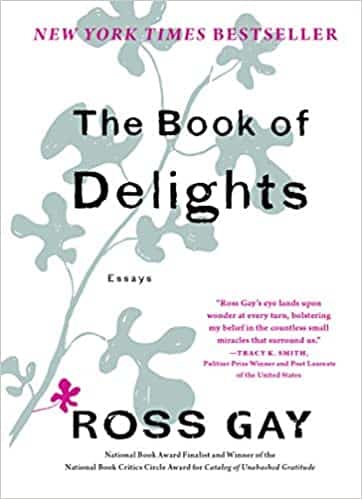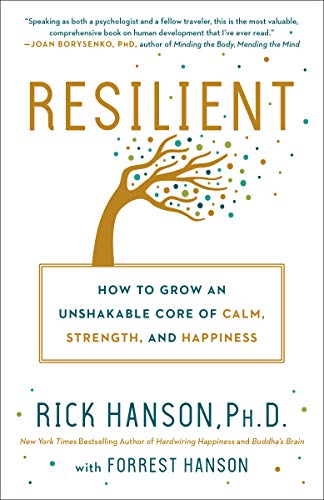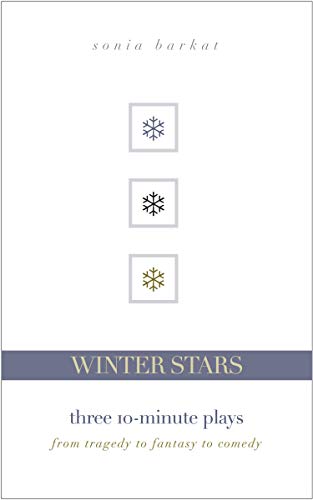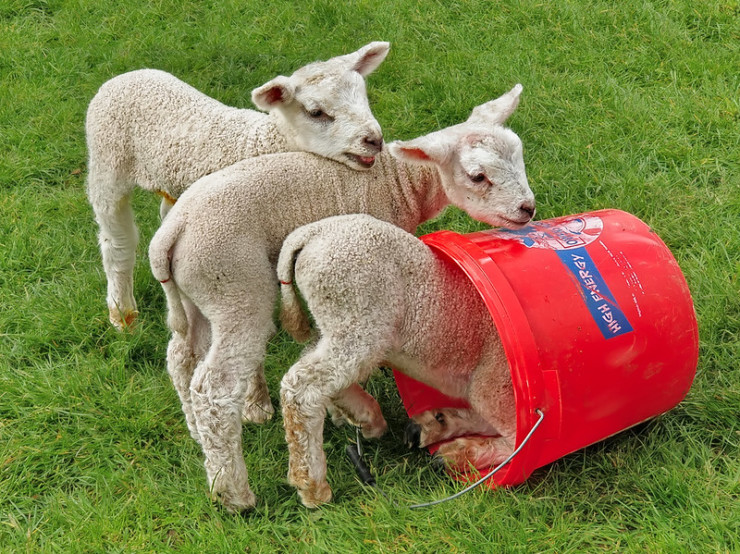One of the classes I teach has a very specific subject matter: it relates to a singular insurance policy that is available only to homeowners in certain counties in Mississippi. When I teach this class, I tell a joke that may or may not be funny. (Stay with me a moment, I have to set up a joke that happens naturally in real life.) One of the things I teach them can be covered by this policy is damage due to a volcanic eruption. And it strikes me as funny that this would be a thing in Mississippi, and that used to be the joke—until one adjuster informed me that there is, in fact, a volcano beneath the city of Jackson, though it is believed to have been extinct for many millions of years. So now, the joke is no longer that one of the eight things the policy covers is a thing that doesn’t even exist, but that it is a thing that there is only a gazillion-to-one chance of happening, except that (and here’s the joke) … it’s 2020, so the volcano will probably resurrect and we should be sure to read up on the coverage.
We’re halfway through 2020 and, so far, there has been no volcanic activity in Jackson, Mississippi. (That we know of.) But we are neck deep into a global pandemic. Unemployment has reached catastrophic levels. Issues of racial injustice have sparked global protests (while we are still neck deep into a pandemic on that same globe). The stock market crashed. Brush fires in Australia destroyed tens of millions of acres and millions of animals. The UK exited the EU. The Duke and Duchess of Sussex left the palace. There’s more, of course. We’ve reached an unprecedented use of the word unprecedented.
This is the worst possible time for me to suggest to you that you might like to exercise your “delight muscle.”
Or is it, rather, the best?
Poet Ross Gay set out a few years ago to write, each day for a year, an essay about “something delightful.” He had a few simple rules for this experiment, which included writing the delights quickly and writing them by hand. He reflects on how the development of this practice led to the growth of a sort of “delight radar.” He noted that “the more you study delight, the more delight there is to study.” In these days when it can be an act of great bravery to turn on the news or log on to your laptop, perhaps tuning our “delight radar” can be one means to balance out the other sights and sounds, casualties and costs of our present moment.
I heard the other day on a podcast that I listen to that we can’t “meditate this away,” though we can use certain practices to keep ourselves grounded and centered. Gay found that in this practice of delight, the casualty and cost did not cease to exist, but delight could still be a counterweight.
A month or two into this project delights were calling to me: Write about me! Write about me! Because it is rude not to acknowledge your delights, I’d tell them that though they might not become essayettes, they were still important, and I was grateful to them. Which is to say, I felt my life to be more full of delight. Not without sorrow or fear or pain or loss. But more full of delight. I also learned this year that my delight grows—much like love and joy—when I share it.”

Reading Schedule:
Our conversation will focus on just two or three essayettes each time, drawn from the following sections:
July 15: Ch. 1-34
July 22: Ch. 35-68
July 29: Ch. 69-102


Want to Join Our Book Clubs? Become a Patron Today
Our book club discussions are a patron perk. You can become a Tweetspeak patron for as little as $5 a month.
And, you can opt to get each book club edition delivered in full straight to your inbox, with a photo and link to the discussion.
Photo by sagesolar, Creative Commons license via Flickr. Post by Will Willingham.
- Earth Song Poem Featured on The Slowdown!—Birds in Home Depot - February 7, 2023
- The Rapping in the Attic—Happy Holidays Fun Video! - December 21, 2022
- Video: Earth Song: A Nature Poems Experience—Enchanting! - December 6, 2022

Bethany R. says
Okay, this is fun. I requested, and then checked out, this book from the library before the big shut down happened. So I have been forced—by the library—to keep it here for months (delight).
I am drawn to the idea of collecting everyday delights (or Simple Pleasures, although he makes a distinction between delight and pleasure). Happy we will be discussing this one. Thanks for leading the discussion, Will.
Laura Brown says
Isn’t it strange, this delight of being forced to keep Ross Gay’s book (or, for me, Mary Ruefle’s “My Private Property”) for months because the library’s been closed and the book drop bin is off limits?
Bethany says
Yes, it’s been delightful and a bit surreal. The library’s sudden change from a lifetime of staying on-message about due dates and replacement costs to, “Oh no, we don’t want those overdue books back, just hang on to them,” is a little like having a parent suddenly become permissive after years of monitoring a strict curfew. “No worries, [shrug] we’re cool.”
I’m almost suspicious.
After a while, the books have started to feel a little like my own. But just recently they opened their drop-off bins, so I now actually *need* to return The Book of Delights, just as the book club begins. Funny that I could think, “But I’m not done with it, I’ve only had it for four months.”
Sandra Heska King says
I was stuck with a couple of Mary Oliver’s books (who knew there were any I didn’t already own) for four months. I only finally took them back before I forgot who the true owners were.
Will Willingham says
Bethany, I loved that you’ve been forced to hold this book hostage. And I love the connection you make to your Simple Pleasures. 🙂 Looking forward to reading this with you.
Laura Brown says
This was my favorite book I read in 2019. I’m delighted that we’re reading it together this month.
Will Willingham says
I read this 20 years ago in 2019 too. But it seems its true moment could be today.
He brings an effortlessness to the art of seeing. I enjoyed it a good deal and am looking forward to sharing this read together. 🙂
Sandra Heska King says
Okay, seriously. I expect any day now to hear there’s been a volcanic eruption in Jackson.
Denise Vredevoogd says
I’m glad you’ve chosen this book too. On one of my “Covid-walks,” I listened to him speak on the On Being podcast. At the time, I made a mental note to purchase his book, and now I can cross that off my to-do list. And begin a new list, inspired by his daily delights.
Looking forward to it!
Bethany R. says
Looking forward to the book club with you all. Hope your Saturday is going as nicely as possible. 🙂
“an effortlessness to the art of seeing”
Yes, well said, Will.
One aspect of his craft and voice that I’ve noticed is his propensity to include more little clarifying phrases in his sentences than I usually allow myself. They’re the kind of thing that are often heard in conversation. This has become a bit of a delight to me. Him teaching me how to carefully allow them in.